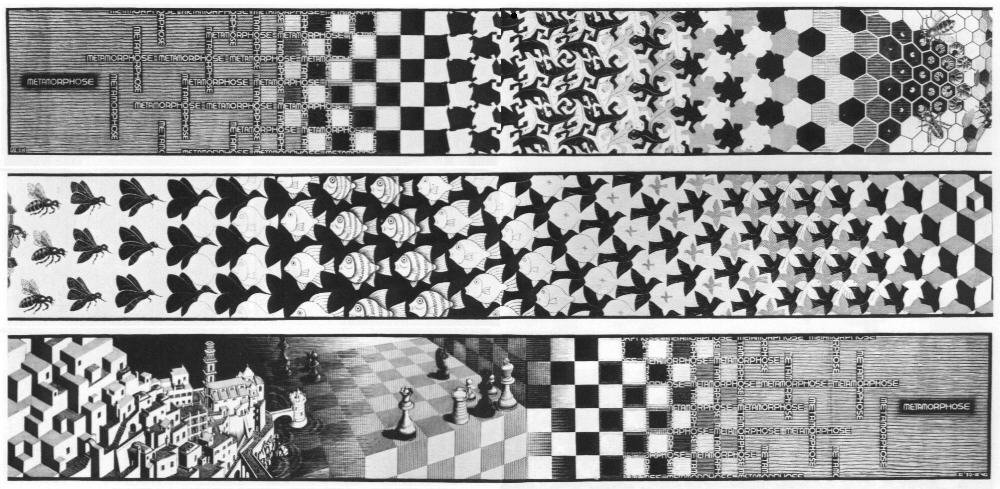In doing so, Rob often comes across a lot of pseudoscience or "quack science", products or ideas meant to appeal to people who really don't need a lot of evidence to be convinced of something. A couple characters in the webcomic are meant to represent the gullible target audience of pseudoscience, who at their best are attracted to medical products whose only benefit is the placebo effect, and at their worst get scammed and ripped off by false advertising. The underlying plug from the author is to not believe everything you're told, even if it looks like it's backed by solid evidence. Sometimes the author gets up on his soapbox about skepticism and promotes material from the skeptic community, of which he is an active part. Readers of Carbon Dating often get referred to stuff like this:
This is Michael Shermer, a well-known contributor to the skeptic community. The video is his theory why many people have a knee-jerk response to believe something they hear.
Why am I attracted so much to skepticism? There's a few reasons. Of course, I don't want to get duped by something that's obviously wrong. But while there's plenty of stuff out there that has a laughable lack of evidence and rationality behind it, to me it seems like there's more and more that's very well covered up. I feel that the technological age is making it easier and easier for evidence to be fabricated. In addition, skepticism is important to a career as a reputable scientist, and while I don't intend to be the best there is, I want to be proficient at a good way of finding truth, scientific or otherwise.
Does that mean I'm instantly mistrusting of anything that comes to me? No. I'm trying to find a good balance between skepticism and gullibility, and this series of posts is part of my finding. In the next couple of posts, I'll outline both extremes of the spectrum and talk about why I think they're not a good idea. After that I'll try and aim closer to what I'm looking for.

No comments:
Post a Comment